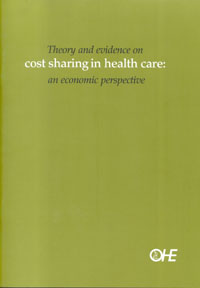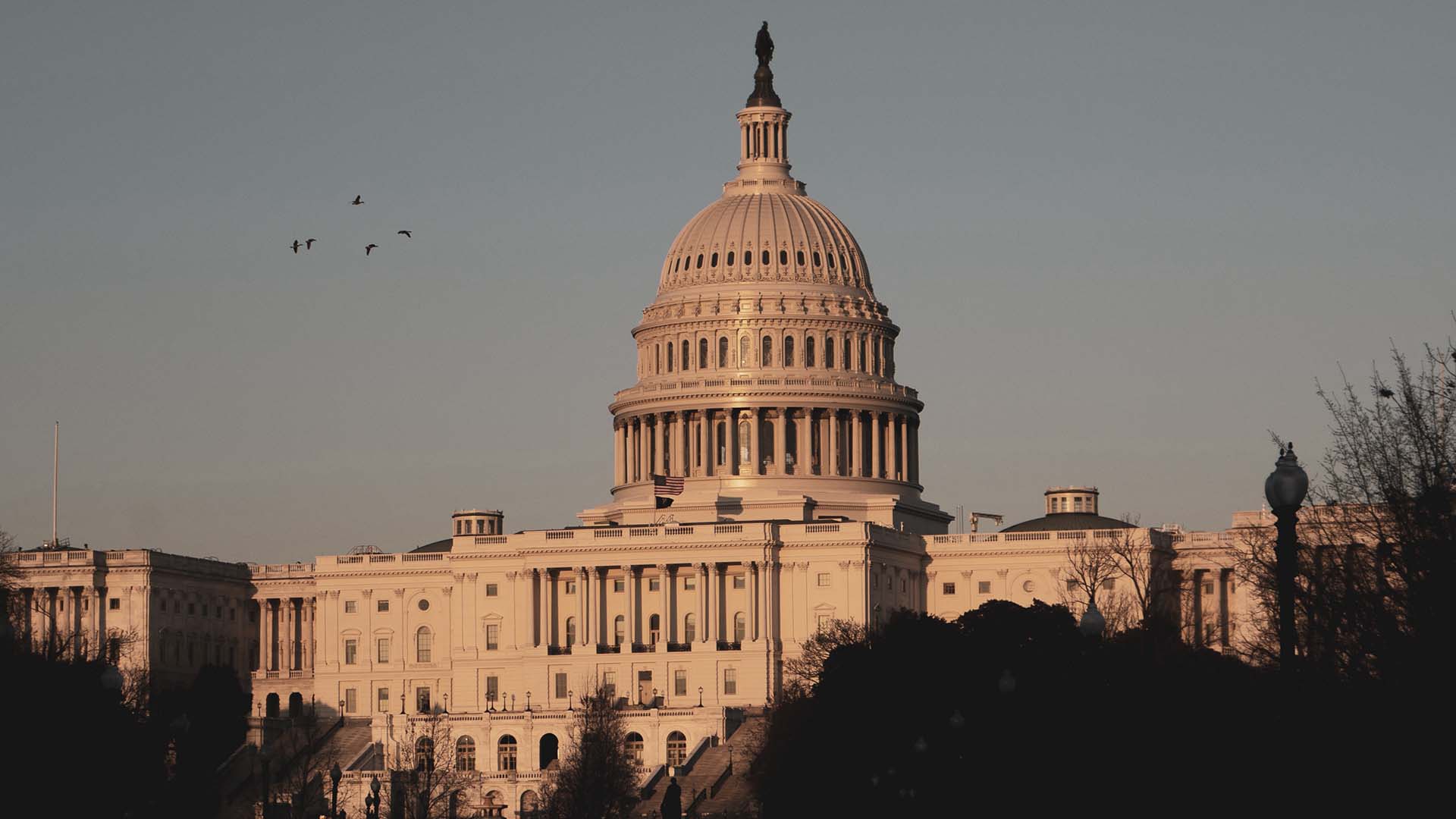Sign up to our newsletter Subscribe
Analysing Global Immunisation Expenditure

Faced with the growing pressures on health care budgets, policy makers around the world have turned to different forms of direct charging for health services. However, because it is rare to find a health system where the user is faced with the full…
Faced with the growing pressures on health care budgets, policy makers around the world have turned to different forms of direct charging for health services. However, because it is rare to find a health system where the user is faced with the full cost of the service, these charges are often referred to as cost sharing. That is, the cost of the service is shared between the user and some third party payer, typically a sickness fund, insurance company or government agency.
Various reasons have been cited for the use of cost sharing arrangements, some of them contradictory (Evans, Barer and Stoddart, 1995). One motivation has been to raise revenues to offset escalating health care expenditures, in both the public and private sectors. Others have argued that charges represent a useful supplementary source of revenue – in addition to public finance – for funding health care. However, from an economist’s point of view, the main focus of interest is on the impact that charges have upon health service utilisation. In particular, do user charges make consumers more aware of the cost of the services that they receive and thereby discourage excessive or unnecessary use?
In the UK cost sharing has long been a feature of the pharmaceutical, dental and ophthalmic services. From time to time, it’s more general application is sometimes canvassed in relation to, for example, payments for GP consultations and/or charges for the ‘hotel’ element of hospital inpatient stays. At the time of writing, the scope for using charges in this way has been widely reported as part of the new government’s comprehensive review of NHS spending. The purpose of this paper is: (i) to provide a framework in which the arguments for and against cost sharing can be understood (ii) to provide an overview of the extent of cost sharing in practice and (iii) to consider the evidence regarding its effects. Our perspective on these issues is essentially an economic one.
Accordingly, the paper is organised as follows:
• Section 2 considers the economics of cost sharing. This involves a brief discussion of the key characteristics of health care that have led to its distinctive form of financing and the presentation of an evaluative framework that can be used to assess the performance of cost sharing and other policy instruments;
• Section 3 discusses the different forms that cost sharing may take, with particular emphasis on the economic incentives offered by different payment systems;
• Section 4 provides some summary data indicating the form and extent of cost sharing in major OECD countries and a brief review of the way that it is used in five of these countries;
• Section 5 reviews the evidence regarding the effects of cost sharing. This review considers the international evidence but places particular emphasis on one well documented experiment; namely, the RAND Health Insurance Experiment (Manning et al, 1988). While limited in some respects, this study undoubtedly provides the most reliable available evidence on the effects of cost sharing in practice. In this section we also review the empirical evidence relating to cost sharing and pharmaceuticals in the UK;
• The final section of the paper summarises the discussion and reflects on practical policy conclusions.
Theory and Evidence on Cost Sharing in Health Care: An Economic Perspective
Chalkley, M. and Robinson, R.
(1997) Theory and Evidence on Cost Sharing in Health Care: An Economic Perspective. OHE Monograph. Available from https://www.ohe.org/publications/theory-and-evidence-cost-sharing-health-care-economic-perspective/
